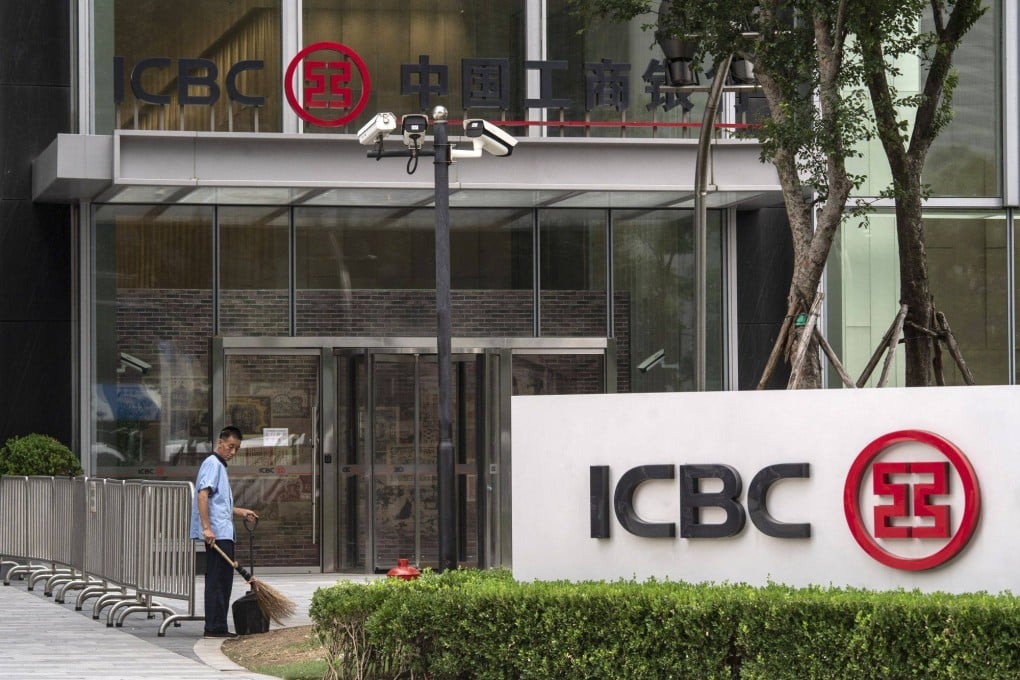Advertisement
ICBC sees tough challenges in curbing bad loans as China’s strict zero-Covid policy hinders growth
- ICBC posted a 5 per cent gain in first-half net profit to 171.5 billion yuan (US$24.9 billion), in line with expectations
- Bank officials point to challenges in capping off souring corporate loans affected by China’s zero-Covid policy
Reading Time:2 minutes
Why you can trust SCMP

China’s slowing economy and its stringent zero-Covid policy will prove challenging for banks to prevent loan quality from worsening in the second half, said senior executives of Industrial and Commercial Bank of China (ICBC).
While the non-performing loan (NPL) ratio for ICBC has remained largely stable over the past 12 months, the impact of China’s strict zero-Covid measures will weigh on corporate borrowers from different sectors, said Wang Jingwu, senior executive vice-president and chief risk officer.
“The Covid-19 pandemic measures and the downward pressure on China’s economy means that [maintaining] the loan quality of the affected sectors will remain challenging [for the second half],” Wang said in a media call after the bank released the first-half results.
Advertisement
The world’s largest bank with total assets of 38.7 trillion yuan (US$5.6 trillion) reported a 5 per cent year-on-year gain in net profit to 171.5 billion yuan, in line with analysts’ expectations.

The NPL ratio improved to 1.41 per cent, from 1.54 per cent a year ago, but was largely flat compared to the end of 2021. Net interest margin, a key gauge of a bank’s profitability, stood at 2.03 per cent, edging down from 2.12 per cent.
Advertisement
His comment echoed concerns expressed by officials at Bank of Communications, who pointed to the risk of higher delinquencies by some retail borrowers because of the economic impact of Covid-19 restrictions.
Advertisement
Select Voice
Choose your listening speed
Get through articles 2x faster
1.25x
250 WPM
Slow
Average
Fast
1.25x